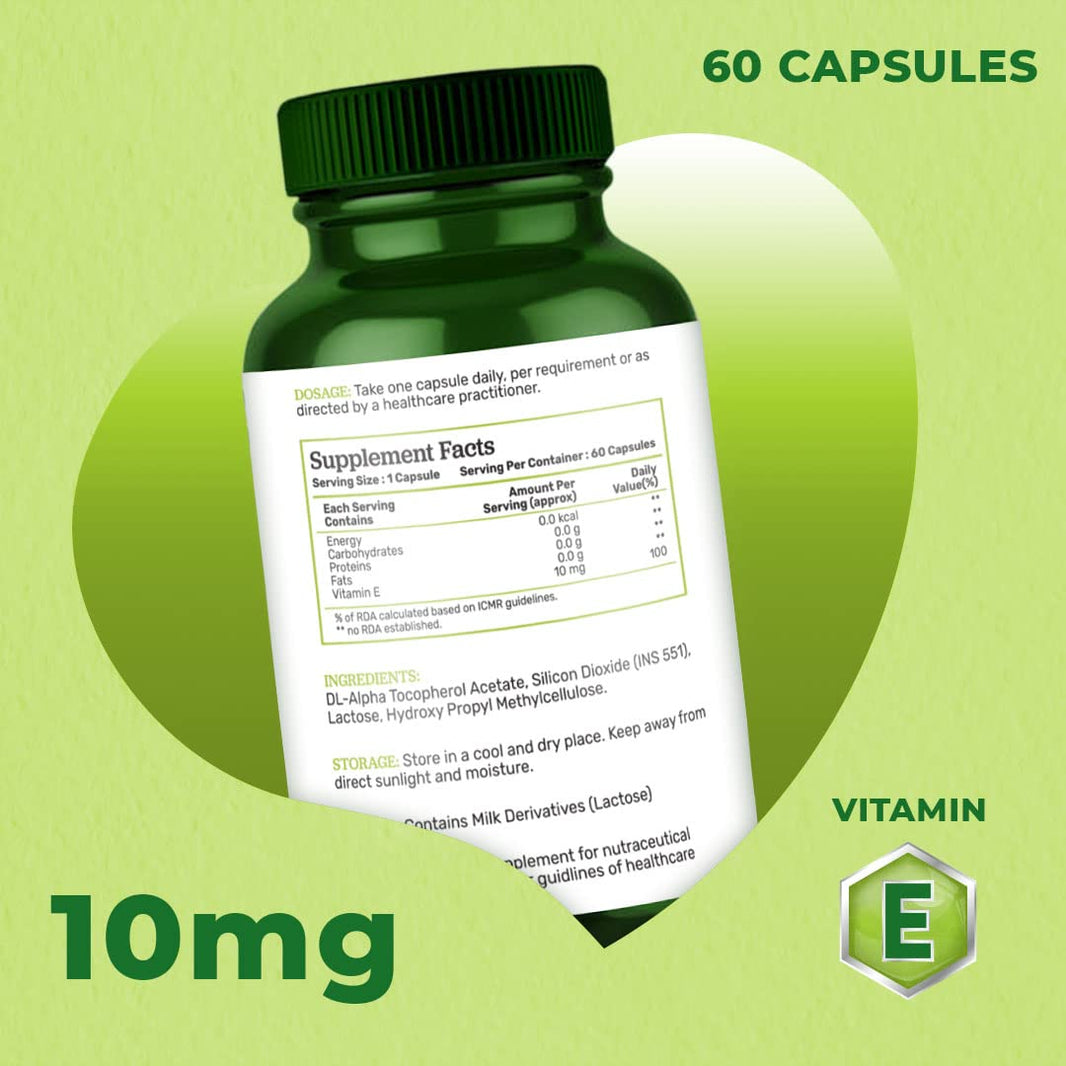23 Signs Your Body Needs More Nutrients:
How to Address the Deficiencies - Dr. Eric Berg
In the realm of health and wellness, it's often the subtle cues our bodies provide that go unnoticed. Renowned health expert Dr. Eric Berg has meticulously identified 23 signs that your body might be silently communicating a deficiency in crucial nutrients. Let's delve into each sign and explore practical solutions to address these deficiencies.
**1. White Spot on the Nail:**
- **Sign of Zinc Deficiency:** A white speck on the nail signals a potential zinc deficiency, but it's not merely about supplementing zinc. Dr. Berg underscores the importance of reducing sugar intake, as excessive sugar consumption depletes zinc levels.
**2. Oily Skin:**
- **Imbalance in Androgens:** Oily skin often stems from an imbalance in androgens, or male hormones. To counter this, Dr. Berg recommends increasing zinc intake and maintaining optimal blood sugar levels.
**3. Cracking on Corners of Mouth or Heels:**
- **B Vitamin Deficiency:** Cracks at the corners of the mouth or on the heels indicate a deficiency in B vitamins, particularly B2. Dr. Berg suggests incorporating nutritional yeast into your diet and increasing vitamin D intake to combat this issue.
**4. Flaking Skin:**
- **Omega-3 Fatty Acid Deficiency:** Flaking skin, especially around the nose or forehead, signals a deficiency in omega-3 fatty acids. Dr. Berg advises reducing omega-6 fatty acids in the diet and increasing omega-3 intake, preferably through sources like cod liver oil.
**5. Yellow Eyes:**
- **Liver or Gallbladder Issue:** Yellow eyes indicate a potential problem with the liver or gallbladder. Dr. Berg recommends taking purified bile salts to facilitate the flow through the liver and bile ducts.
**6. Chronic Cough:**
- **Calcium Deficiency:** A chronic cough may be linked to a lack of calcium. Dr. Berg suggests consuming calcium lactate, particularly at night, to enhance immune function and alleviate throat tightness.
**7. Bleeding/Red Gums:**
- **Vitamin C Deficiency:** Bleeding or red gums are classic signs of vitamin C deficiency. Dr. Berg advises increasing vitamin C intake through leafy greens and avoiding sugar, which competes with vitamin C absorption.
**8. Poor Night Vision:**
- **Vitamin A Deficiency:** Difficulty seeing in the dark or during rainy conditions indicates a potential vitamin A deficiency. Dr. Berg recommends increasing vitamin A intake, emphasizing animal sources like egg yolks.
**9. Chapped Lips:**
- **Vitamin B2 Deficiency:** Chapped lips share a common cause with cracking at the corners of the mouth – a deficiency in vitamin B2. Dr. Berg recommends eliminating grains and incorporating unfortified nutritional yeast for a comprehensive B vitamin spectrum.
**10. Pitting Edema:**
- **Potassium Deficiency:** Pitting edema, where pressing leaves a dent, signals a lack of potassium. Dr. Berg suggests increasing potassium-rich foods and maintaining a balance with sodium, especially crucial for those with high sugar levels.
**11. Craving Ice:**
- **Iron Deficiency:** An unusual craving for ice may indicate an iron deficiency, particularly common in individuals losing blood, such as women during menstruation. Dr. Berg recommends incorporating iron-rich foods like red meat or liver.
**12. Angina:**
- **Vitamin E Deficiency:** Chest pain or angina is linked to a deficiency in vitamin E. Dr. Berg advises avoiding refined grains to prevent oxidation of this vital nutrient crucial for arterial health.
**13. Leg/Calf Cramps:**
- **Magnesium, Potassium, Sodium, and B1 Deficiency:** Leg or calf cramps suggest a complex deficiency involving magnesium, potassium, sodium, and vitamin B1. Dr. Berg recommends increasing intake of these essential nutrients.
**14. Irritability and Excessive Thinking:**
- **B1 Deficiency:** Irritability and excessive thinking may indicate a deficiency in vitamin B1. Dr. Berg recommends incorporating nutritional yeast to address this issue.
**15. Asthma:**
- **Vitamin D Deficiency:** Asthma can be linked to a deficiency in vitamin D. Dr. Berg suggests increasing vitamin D intake to support respiratory health.
**16. Loss of Outer Eyebrows:**
- **Iodine Deficiency:** Losing outer eyebrows might indicate an iodine deficiency. Dr. Berg recommends increasing iodine intake, especially through sources like sea kelp.
**17. Tightness in the Right Trap Muscle:**
- **Purified Bile Salts Deficiency:** Tightness in the right trap muscle is associated with purified bile salts deficiency. Dr. Berg recommends incorporating purified bile salts to enhance bile flow.
**18. Nightmares:**
- **B1 Deficiency:** Nightmares may indicate a deficiency in vitamin B1. Dr. Berg recommends avoiding sugar and refined grains while incorporating nutritional yeast.
**19. Craving Salty Chips at Night:**
- **Sea Salt Deficiency:** Craving salty chips at night suggests a need for more sea salt. Dr. Berg recommends using high-quality sea salt to meet this requirement.
**20. Stiff/Painful Low Back:**
- **Vitamin D Deficiency:** Stiff or painful low back may be a result of vitamin D deficiency. Dr. Berg suggests increasing vitamin D intake through sunlight exposure or supplements.
**21. Craving Dirt:**
- **Iron Deficiency:** Unusual cravings for dirt may indicate an iron deficiency. Dr. Berg recommends increasing iron intake through various sources.
**22. Erectile Dysfunction:**
- **Zinc Deficiency:** Erectile dysfunction is linked to a deficiency in zinc. Dr. Berg recommends increasing zinc intake through dietary sources.
**23. Depression:**
- **Vitamin D Deficiency:** Depression may be linked to a deficiency in vitamin D. Dr. Berg suggests increasing vitamin D intake to support mental well-being.
Understanding these signs is the first step towards a healthier lifestyle. Dr. Berg emphasizes addressing not only the symptoms but also the root causes, which often include damaged guts, insufficient bile, and poor-quality, nutrient-deficient foods. By incorporating nutrient-dense foods and making mindful lifestyle choices, you can embark on a journey towards optimal health and well-being.
Watch the full video:



